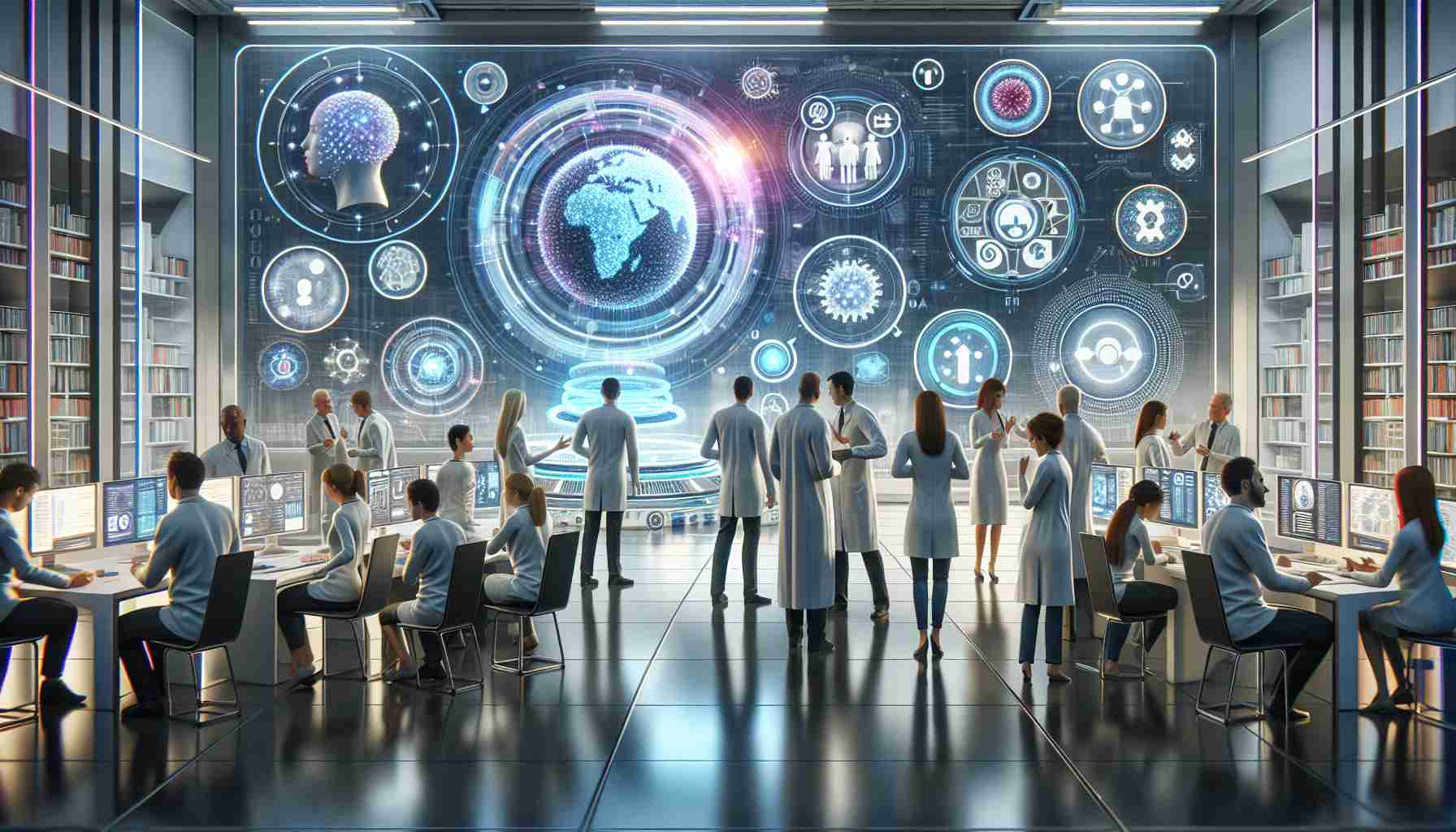Artificial general intelligence (AGI), a term used to describe software that possesses cognitive abilities similar to or surpassing those of humans, has become a topic of intense discussion among tech leaders. However, there is a lack of consensus on the exact definition of AGI and when it will become a reality. Despite this, there is a general agreement that AGI has the potential to bring both benefits and risks to humanity.
Differing Perspectives on AGI:
1. Sundar Pichai’s Stance: Google CEO Sundar Pichai believes that the current systems are already highly capable and emphasizes the significance of their potential impact. According to Pichai, whether AGI has been achieved or not is less important than the fact that these systems have the ability to deliver unprecedented benefits while also posing potential harm. He acknowledges that AGI could enable large-scale disinformation campaigns but argues that the debate over defining AGI is ultimately inconsequential.
2. Elon Musk’s Prediction: SpaceX founder Elon Musk is known for his bold predictions about AGI. Musk believes that AI will surpass the intelligence of any single human by next year and surpass the collective intelligence of all humans by 2029. While some consider Musk’s timeline to be ambitious, it highlights his belief in the rapid progress of AGI development and its potential impact on society.
3. Ray Kurzweil’s Optimism: Futurist Ray Kurzweil shares a similar perspective to Musk, predicting that human-level artificial intelligence will become a reality by 2029. He considers his prediction to be conservative compared to the views of those who believe AGI will be achieved sooner. Kurzweil emphasizes the continuous advancement of technology, which he believes will eventually lead to AGI surpassing human capabilities.
The Uncertain Path to AGI:
Despite these varying viewpoints, there is still no consensus on when AGI will be achieved or the precise criteria that define it. AGI is often associated with systems like ChatGPT and Gemini, which have gained popularity due to their advanced capabilities. However, AGI remains an elusive goal, and there is uncertainty about the potential benefits and risks it could bring.
Implications and Concerns:
The development of AGI raises important ethical questions and potential risks for humanity. Concerns include the potential misuse of AGI for large-scale disinformation campaigns, the displacement of human workers, and the concentration of power in the hands of a few AI systems. It is crucial for developers, policymakers, and society as a whole to carefully consider these implications and proactively address them to ensure a responsible and beneficial deployment of AGI.
FAQ:
1. What is AGI?
AGI stands for artificial general intelligence, which refers to software that possesses cognitive abilities resembling or surpassing those of humans. AGI systems are capable of performing a wide range of tasks, potentially at a level equal to or better than humans.
2. When will AGI be achieved?
There is no definitive timeline for when AGI will be achieved. Tech leaders like Elon Musk and Ray Kurzweil have offered their predictions, but opinions and timelines vary.
3. What are the potential benefits and risks of AGI?
The potential benefits of AGI include unprecedented levels of productivity and problem-solving capabilities. However, there are also concerns about the misuse of AGI, displacement of human workers, and concentrated power in the hands of AI systems.
Sources:
– The New York Times
– Reliable Source
FAQ:
1. What is AGI?
AGI stands for artificial general intelligence, which refers to software that possesses cognitive abilities resembling or surpassing those of humans. AGI systems are capable of performing a wide range of tasks, potentially at a level equal to or better than humans.
2. When will AGI be achieved?
There is no definitive timeline for when AGI will be achieved. Tech leaders like Elon Musk and Ray Kurzweil have offered their predictions, but opinions and timelines vary.
3. What are the potential benefits and risks of AGI?
The potential benefits of AGI include unprecedented levels of productivity and problem-solving capabilities. However, there are also concerns about the misuse of AGI, displacement of human workers, and concentrated power in the hands of AI systems.
Definitions:
– Artificial general intelligence (AGI): Refers to software that possesses cognitive abilities similar to or surpassing those of humans. It can perform tasks at a level equal to or better than humans.
Additional Resources:
– The New York Times: A reliable source for news and information across various fields, including technology.
– Reliable Source: A trusted platform for accurate information and analysis on a wide range of topics.
Please note that the provided URLs are examples and should be replaced with valid, authoritative sources.
The source of the article is from the blog motopaddock.nl

